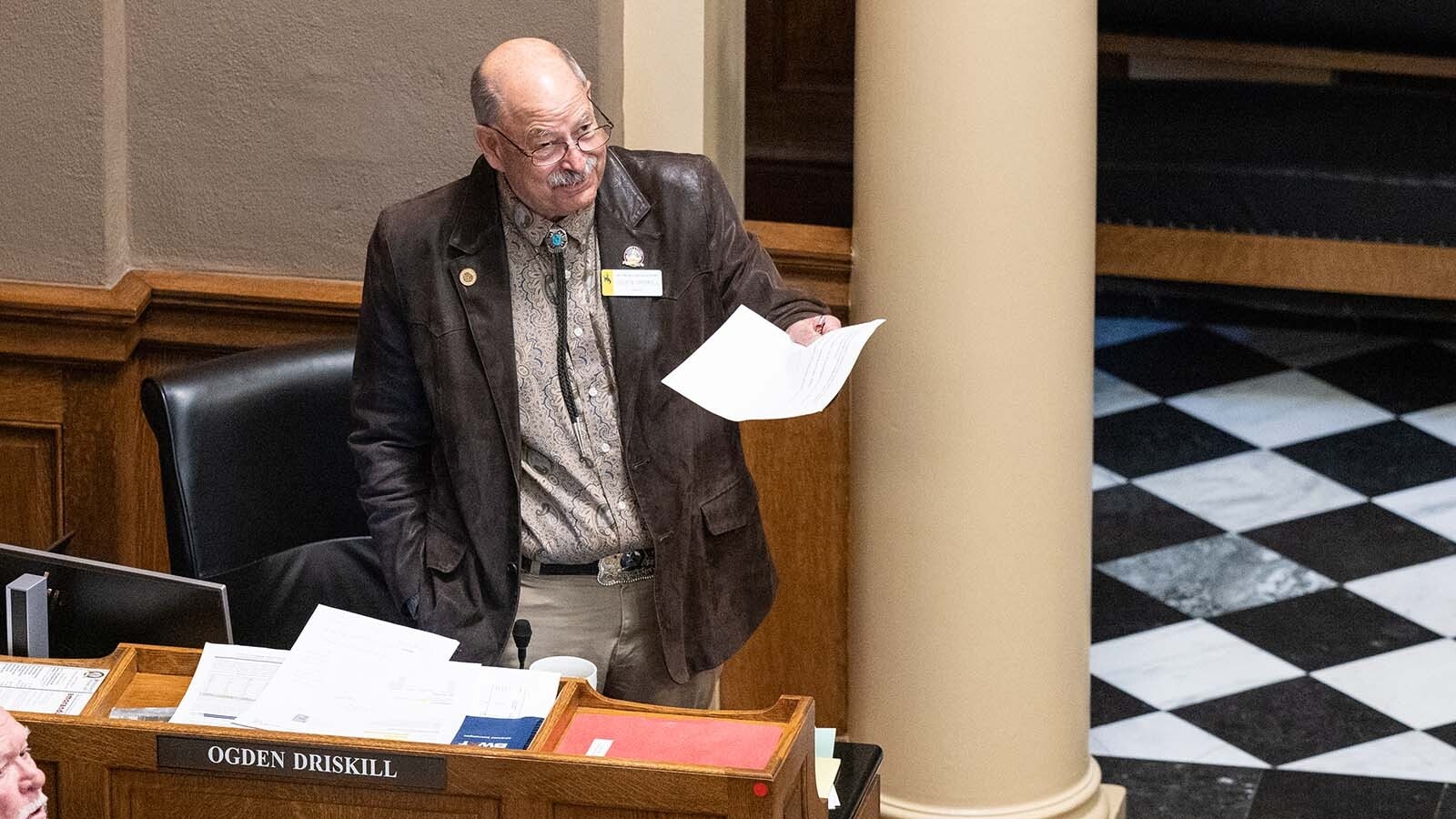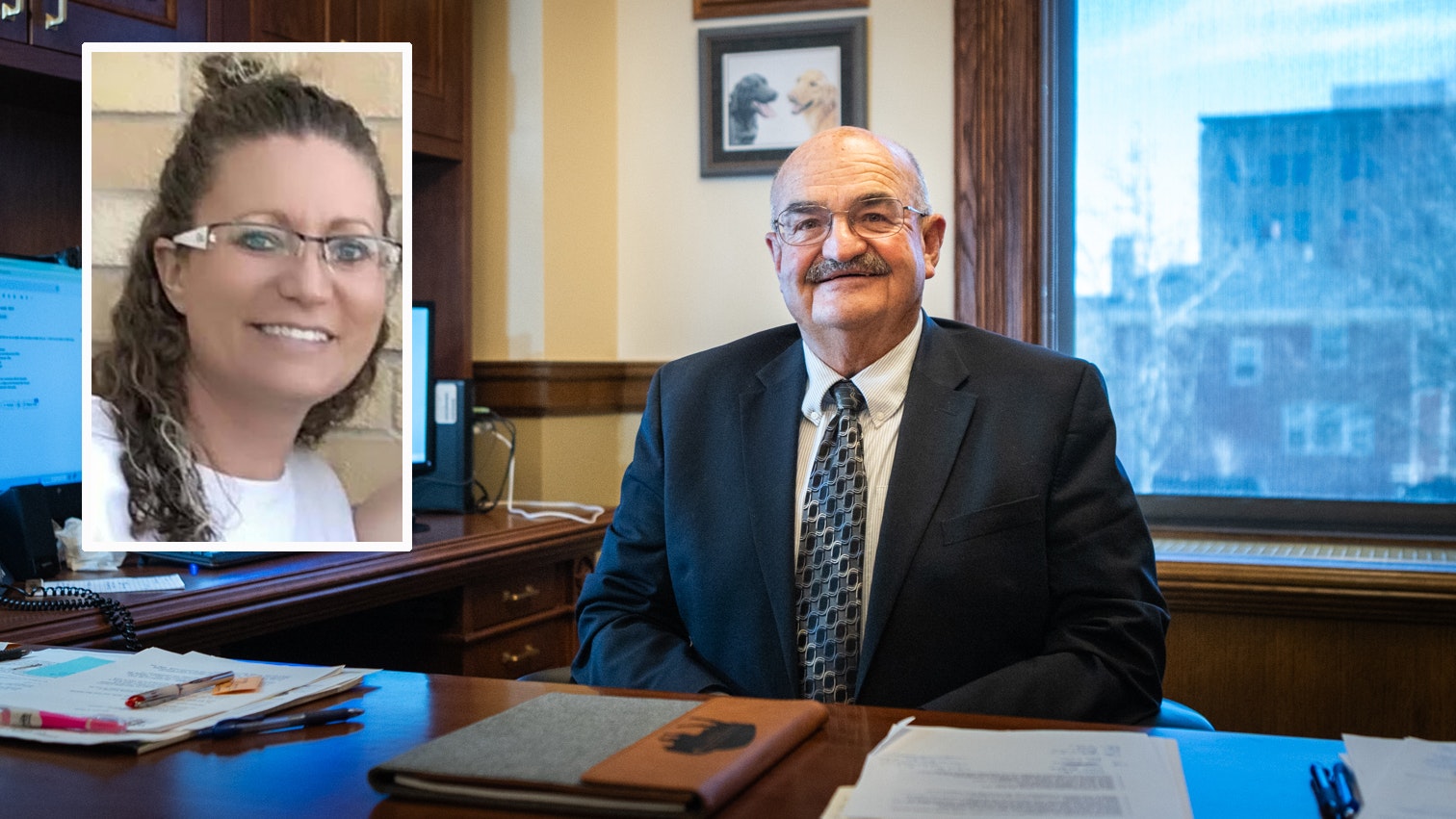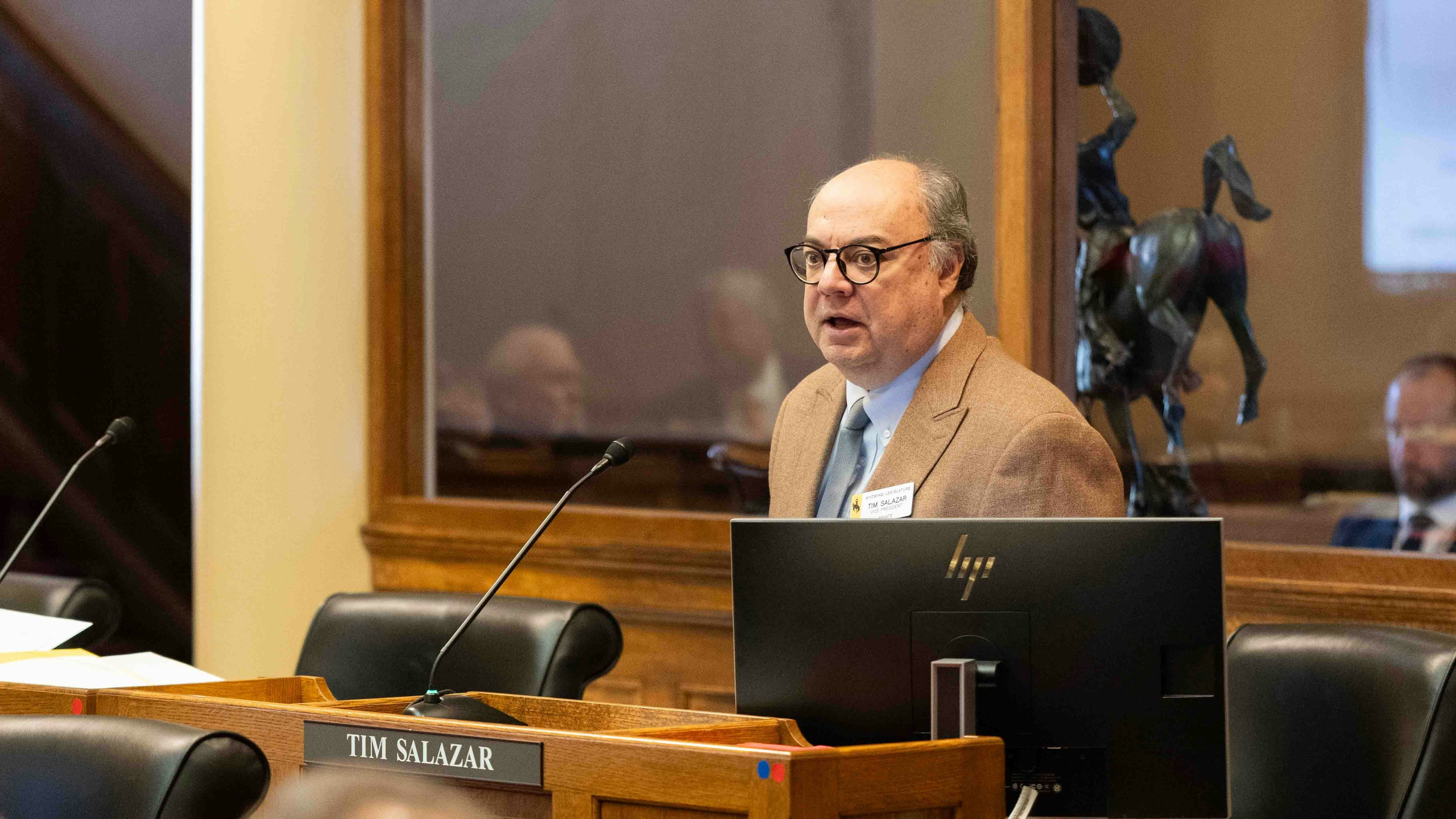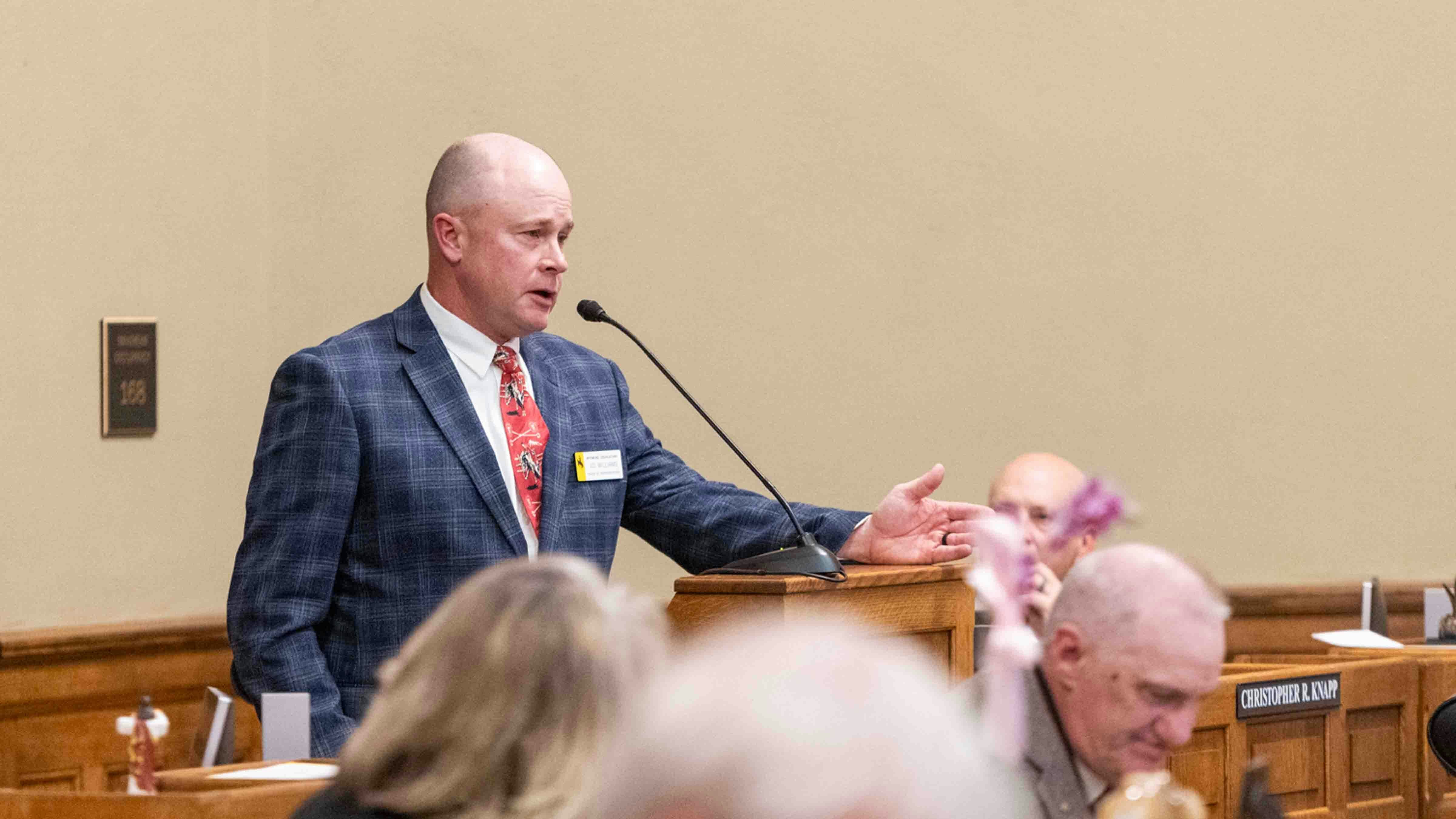The costs of applying for Wyoming hunting licenses could quadruple for residents and go up even more for out-of-staters under a bill before the state Legislature.
House Bill 2 would boost resident hunting license application fees from $5 to $20. Fees for nonresident hunters would jump from $15 to $75.
Proponents of the bill say it’s a reasonable price to keep funds flowing for the Wyoming Game and Fish Department.
“Wyoming has world-class wildlife resources and warrants world-class management. This comes at a cost. With the WGFD (Game and Fish) not receiving general fund legislative dollars, this is how revenue is generated,” said Kemmerer-area resident Josh Coursey.
“Sportsmen and sportswomen are proud to have footed the bill for wildlife management since the days of Teddy Roosevelt,” added Coursey, who is president and chief executive of the Muley Fanatics deer conservation organization.
How Application Fees Work
Hunting tag application fees are a major revenue stream for Game and Fish.
In Wyoming, most hunting tags fall into two categories, general, or limited quota draw.
General hunting tags can be purchased over-the-counter. Draw tags must be applied for months in advance.
The regulations for each species specify hunt areas. For example, Wyoming has 130 elk hunt areas. Some of those are designated as general tag areas, some as limited quota.
An over-the-counter general elk tag is good in any general elk hunt area anywhere in the state. Limited quota tags are for specific areas – for example, and Area 7 cow/calf elk tag.
There are general tags available for deer and elk in Wyoming. Antelope hunt tags are all limited quota draw. Tags for bison and trophy game animals, such as bighorn sheep, are also by limited quota draw only.
When hunters apply in advance for draw tags, they must pre-pay the entire cost of the hunting tag, plus the application free. There’s no guarantee of drawing a tag.
Hunters who fail to draw a tag will have the price of the tag refunded to them, but Game and Fish keeps the application fee.
Never Used To Be Fee
There was a time when there were no application fees for Wyoming, retired Game and Fish game warden and biologist Joe Sandrini told Cowboy State Daily.
And the $5 fee for residents has been in place for quite a while, he added.
Raising the application fees is would “essentially be a de facto hunting license fee increase,” he said.
But he doesn’t think it would have much of a chilling effect on hunting license sales, because previous hikes in the cost of big game tags didn’t.
“There’s typically always a ‘first-year effect,’” or a slight dip in sales during the first hunting season after a price hike, Sandrini said.
But sales have always bounced back, he added.
‘A Reasonable Increase’
Noted Wyoming outdoorsman Paul Ulrich said that if the bill passes, he won’t mind paying the increased application fees.
“This is a reasonable increase. And why it matters is because it gives the Game and Fish today, and moving forward, that ability to put more money from application fees on the ground, where it’s most needed,” he said.
For example, mule deer habitat preservation is vital, and can be costly, Ulrich said.
Coursey agreed, noting that Game and Fish has faced steep challenges during over the past decade, such as the spread of Chronic Wasting Disease and predator management.
Aquatic invasive species (AIS) — such as non-native mussels — are also expensive to control, Coursey added.
“AIS alone warrants such an increase, as the consequences of such invasion in our waterways are beyond recreational. The impacts to ag and municipal water systems is more than alarming, it's dire. Nobody likes a cost hike, but our wildlife management is an area where we can't cut corners,” he said.
Mark Heinz can be reached at mark@cowboystatedaily.com.





